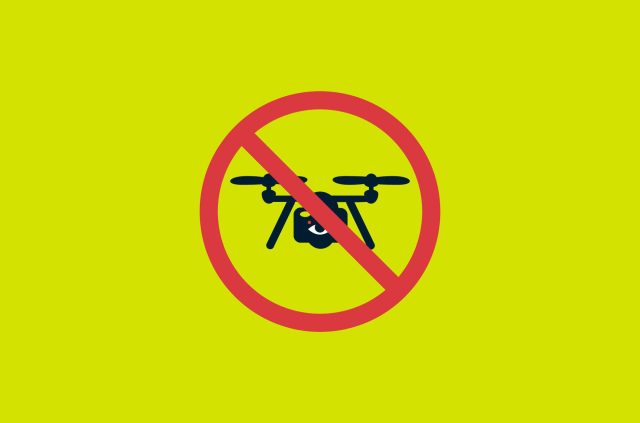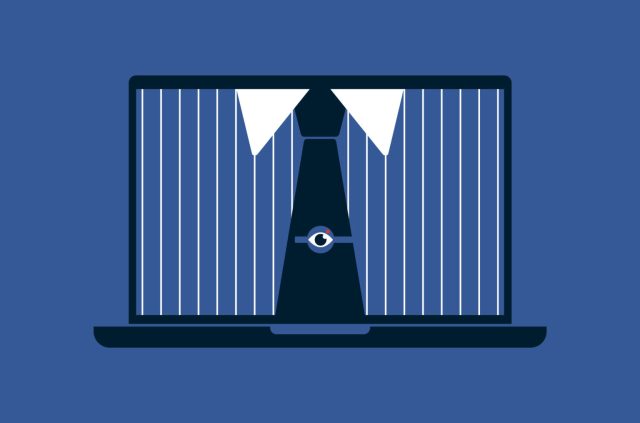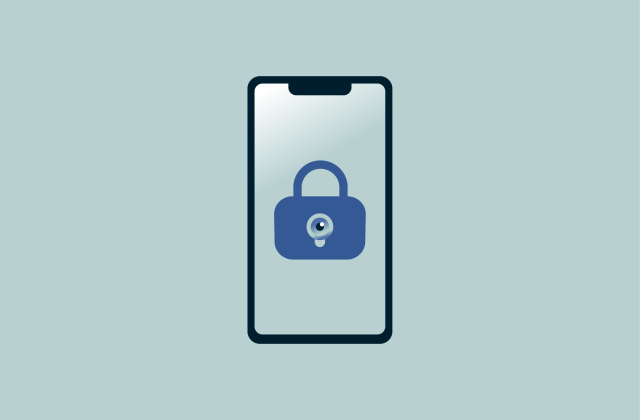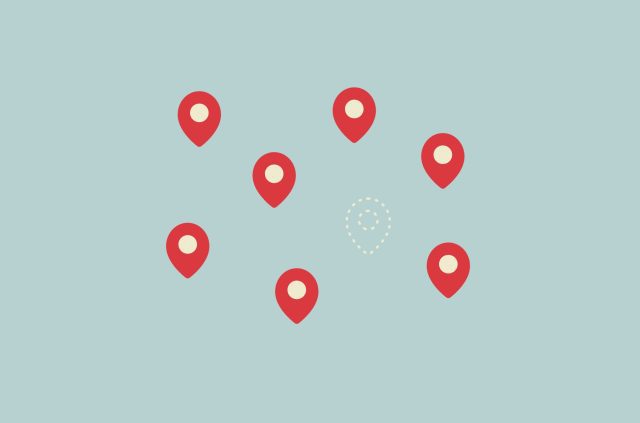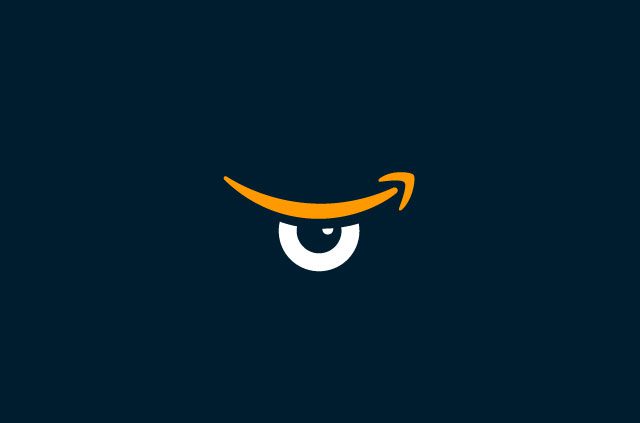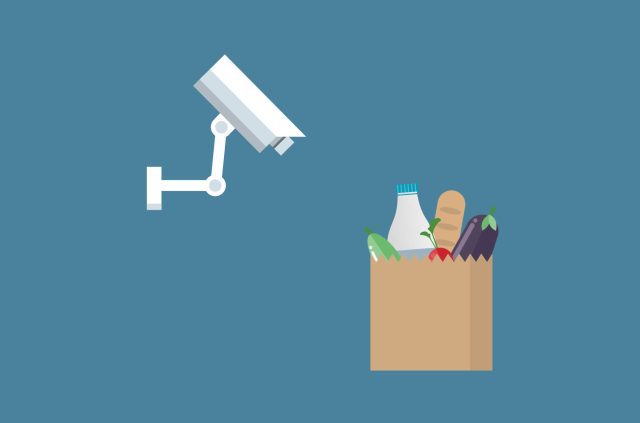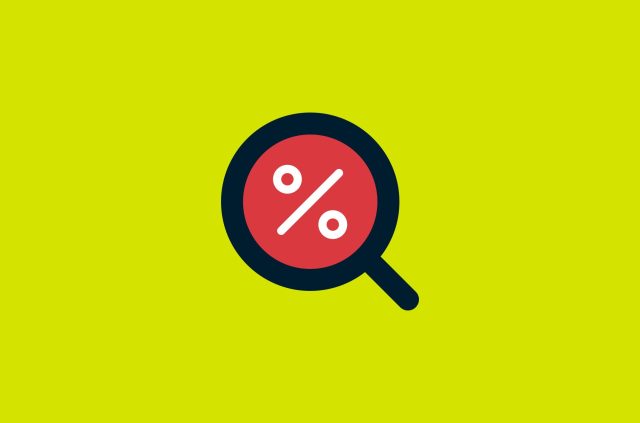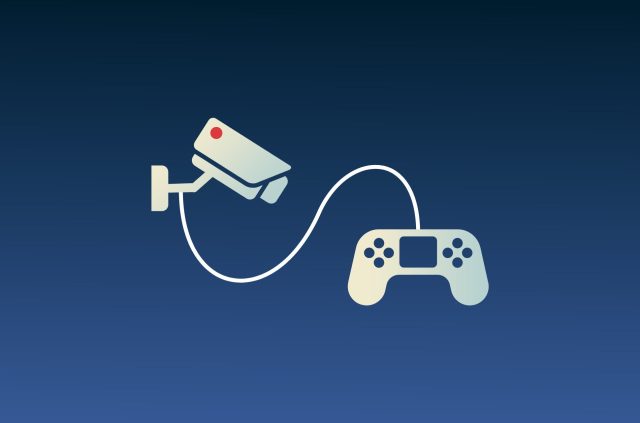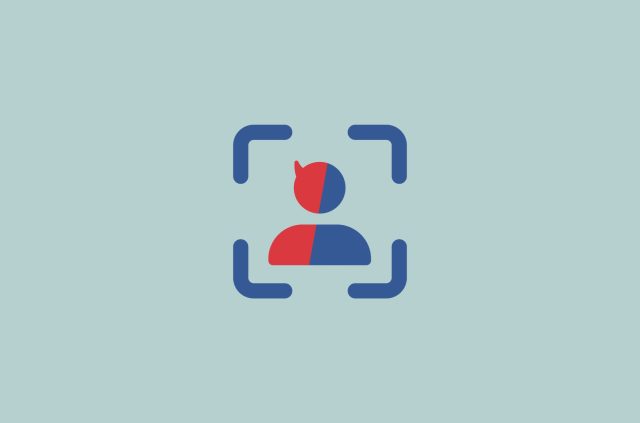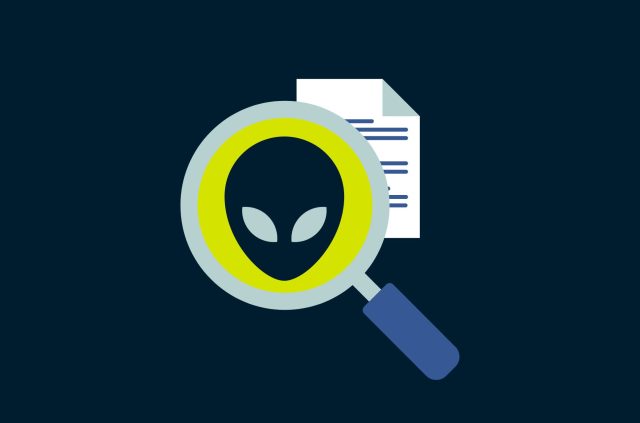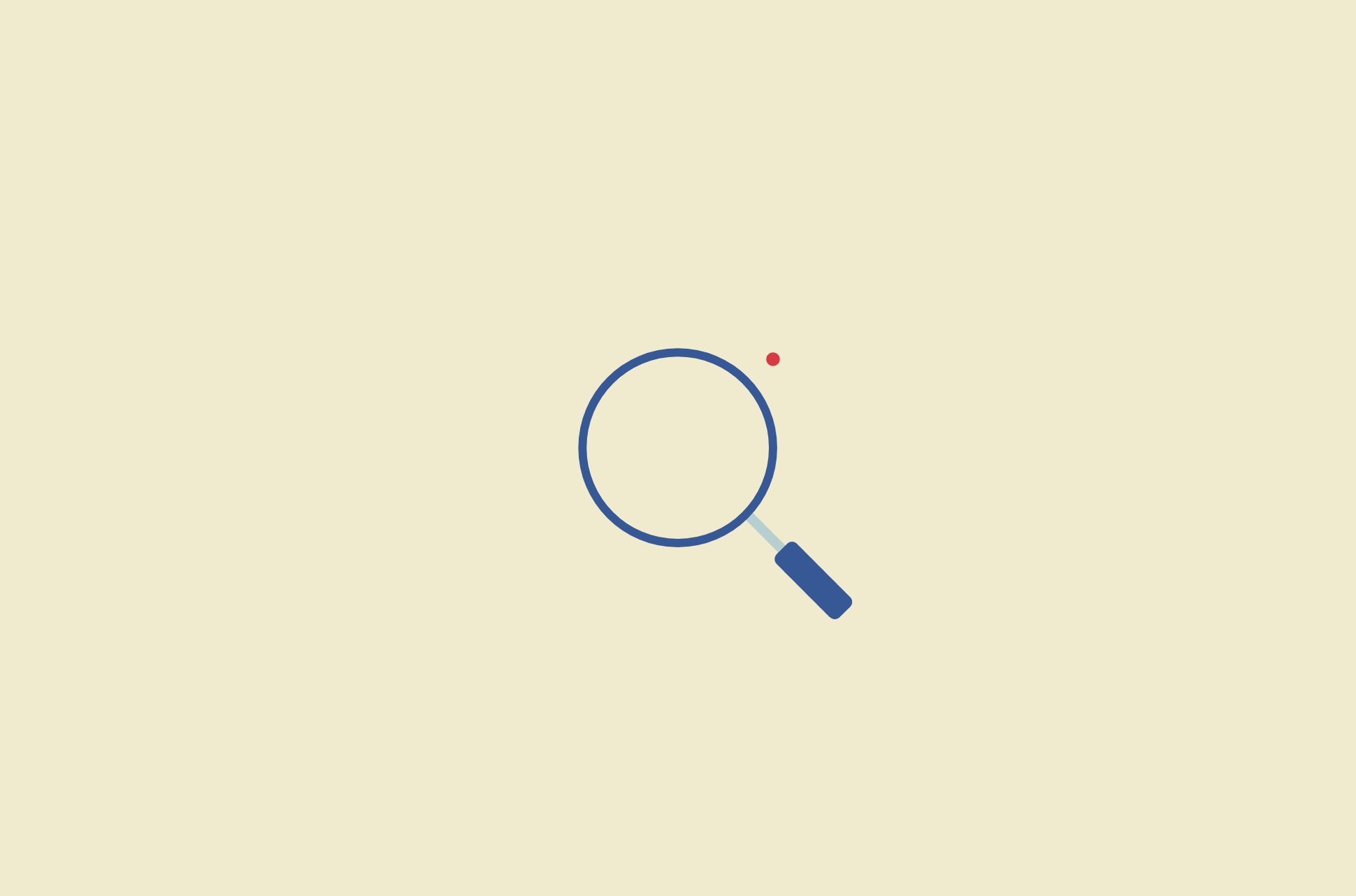
CCTV cameras are everywhere, and it doesn’t take a surveillance expert to know how disturbing the trend is. These cameras are often in plain sight, attached to the ceiling, often as a deterrent against intruders or thieves. Hidden cameras are another matter, spying on you without your knowledge. And they’ve become easier to install than ever, thanks to advancing technologies that allow them to be very small and hard to detect.
Read more: 4 ways to hide from drone surveillance
Hidden cameras are a growing problem
In recent years, the prevalence of hidden cameras in hotel rooms or Airbnb properties has become a concern for travelers. According to a 2019 survey by real estate company IPX1031, 11 percent of respondents reported finding a hidden camera in their Airbnb.
Abuse victims have reported finding cameras installed in their homes. Places like offices and gym changing rooms have also been known to harbor hidden cameras.
There was even a case of a hidden camera disguised as a gift. In 2021, a woman in South Korea—where experts say the problem of spy cameras targeting women is especially pronounced—received a digital clock as a gift from her boss. After displaying it in her home for some time, she discovered that the product was indeed a nanny cam containing a hidden spy camera.
A big part of the issue is how small cameras can get nowadays—barely larger than a lens found on the corner of your smartphone.
Common locations of hidden cameras
If you want to search your premises, these are the objects often cited as hiding places for cameras.
- Smoke detectors
- Wall vents
- Wall art/decor
- Book spines
- Electrical sockets
- Potted plants
- Teddy bears, toys, or ornaments
- Set-top boxes
- Clocks
- Pens
- Tissue holders
How to find hidden spy cameras
There are varying degrees of sophistication when it comes to sweeping your space for hidden cameras.
Do a physical search
This can be as simple as doing a visual inspection of your accommodation once you’ve checked into a hotel room. If anything looks suspicious, trust your gut and inspect it. If they are electrical devices that you can do without, such as alarm clocks, unplug them and store them somewhere away from view. If something can’t be unplugged, obscure or cover it with a towel or cloth. Also take care to cover up any fishy looking holes in walls or doors—you never know, there could be peepholes or cameras inside.
Additionally, you can use a network scanner like Angry IP to find out if there are any unusual devices on the Wi-Fi network. This is useful for determining the possibility of a hidden camera streaming a live feed of your activities. One solution is to turn off the router altogether, say, if you’re in an Airbnb.
Read more: How to stay secure when using public Wi-Fi
Use a flashlight
Shining a bright light helps reveal spy cameras. The camera lens will likely reflect blue, and any lenses behind dark glass (such as in a digital clock) will show up much more easily.
Using the camera and flashlight on your smartphone (or a separate torch) can uncover hidden cameras that use infrared. That’s because we can’t see infrared light, which is often used for filming in the dark, but a phone camera picks it up. For this method to work, close all of the curtains or wait until nightfall; the goal is to have the space as dark as possible. With your phone camera turned on, shine the flashlight around the room. Infrared will look like a pulsing dot on the screen.
Use a camera detector app
There is no shortage of smartphone apps available dedicated to detecting hidden cameras. Having said that, these can vary wildly in quality depending on both the app itself and the capabilities of your particular smartphone. These apps help to detect hidden cameras or microphones by scanning for various types of electromagnetic (EMF) or infrared anomalies.
Use specialized equipment
If you travel often and want to be a little bit more prepared, consider investing in specialized consumer-ready equipment. This can include physical EMF detectors, infrared/LED optical scanners, bug sweepers, and radio spectrum analyzers. In contrast to using a smartphone app, specialized physical equipment works better in uncovering potential hidden cameras. The biggest downside, of course, is that they can add considerable weight to your luggage and take up space.
Hire a professional
If you intend to stay at your lodgings for an extended period of time and you can afford the expense, hire a professional to sweep your accommodation. The biggest benefit is that they’ll use professional-grade equipment, which could provide far more effective results than using consumer-grade equipment. Further, a professional would be more versed in tricky or uncommon locations that spy cameras could be hidden.
Read more: Bossware: How remote-work tools can be used to spy on you
Take the first step to protect yourself online. Try ExpressVPN risk-free.
Get ExpressVPN


